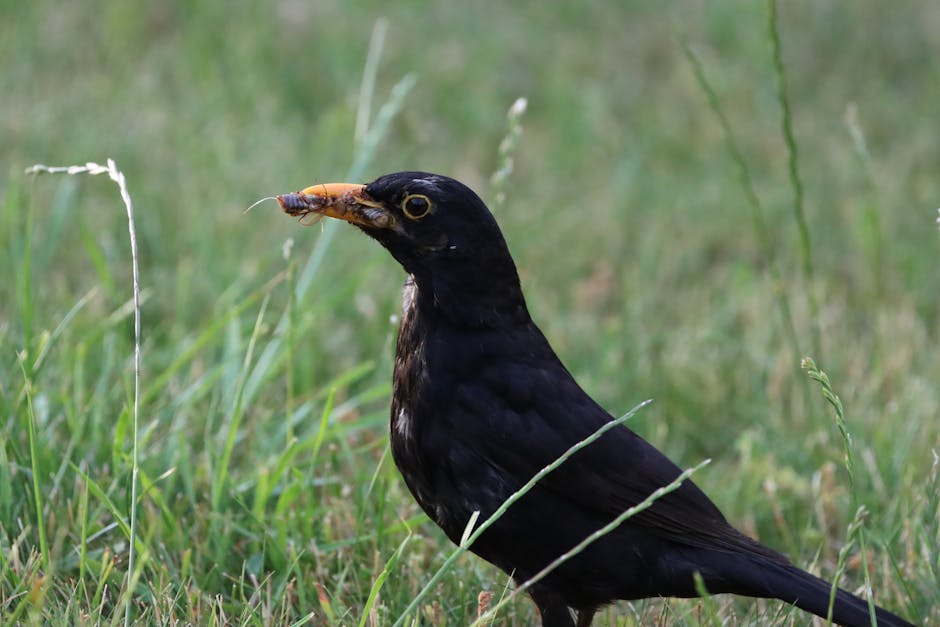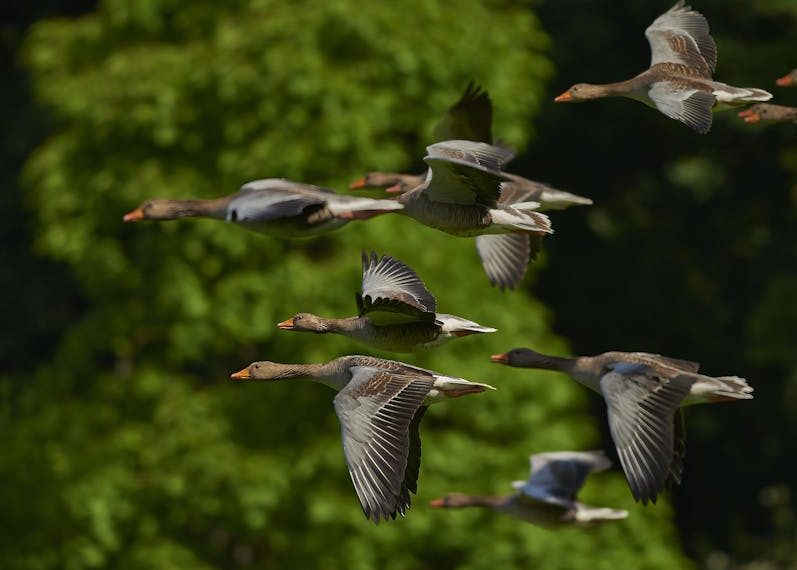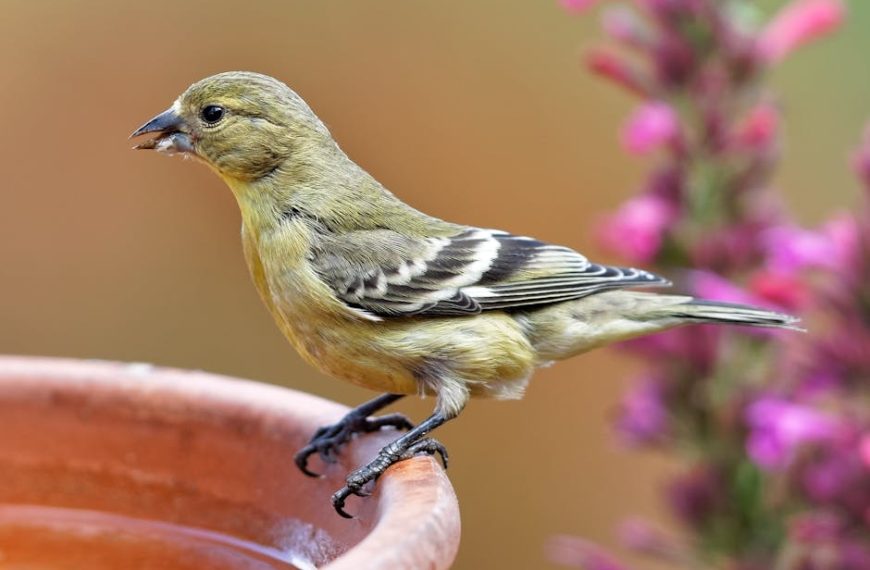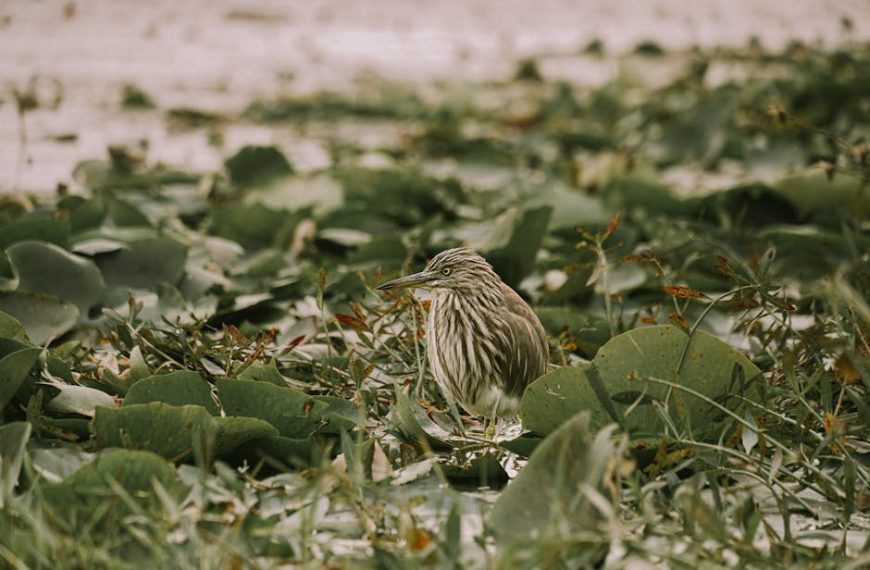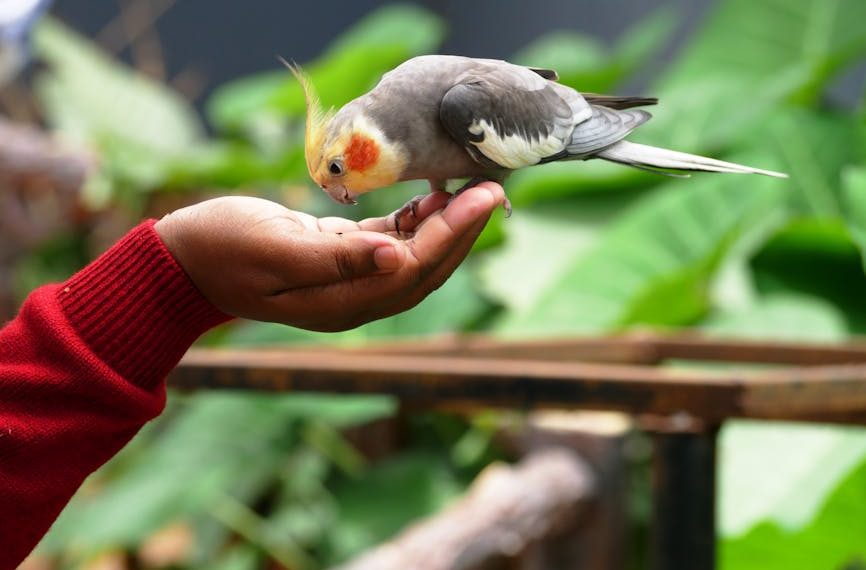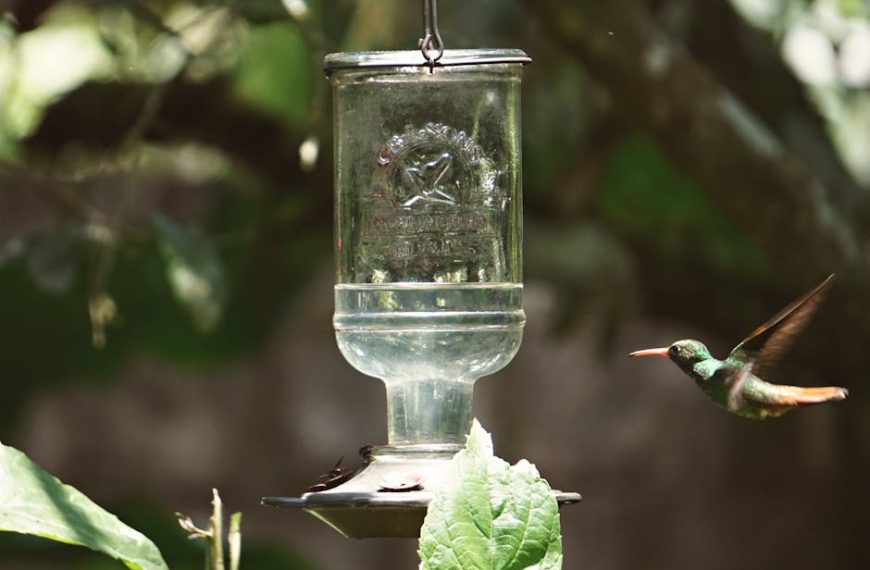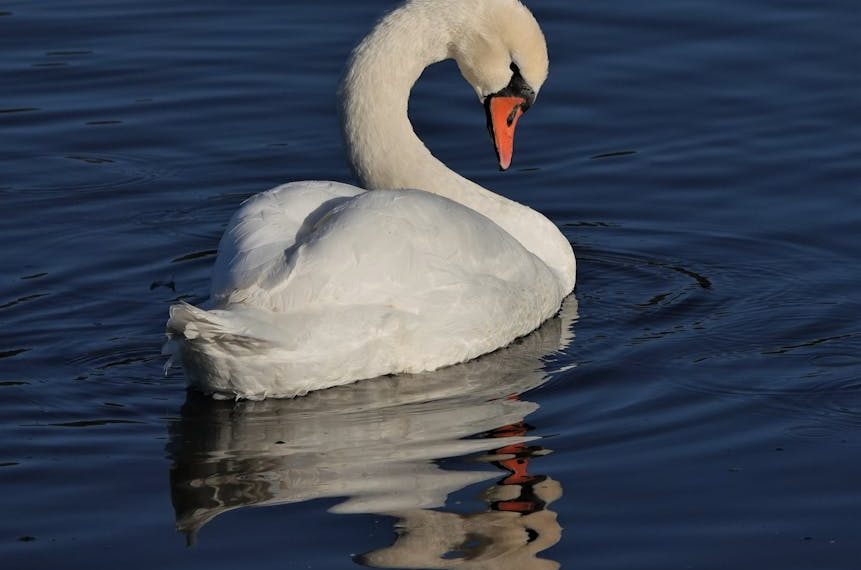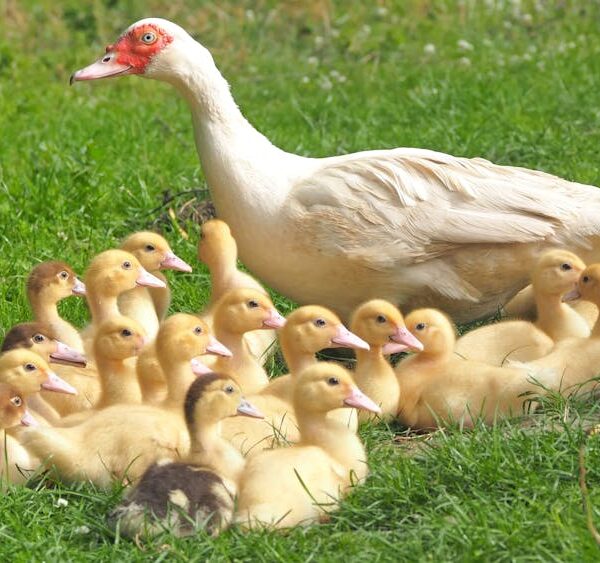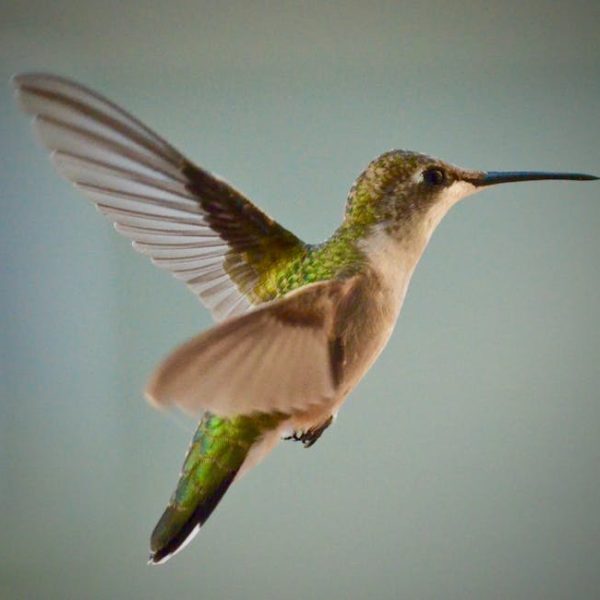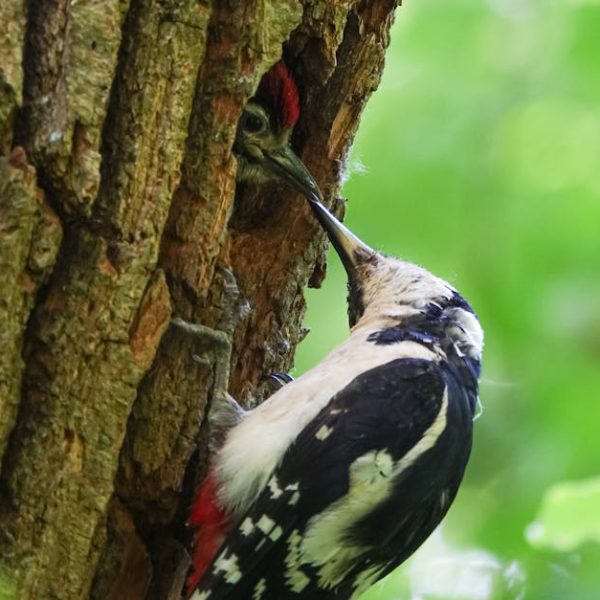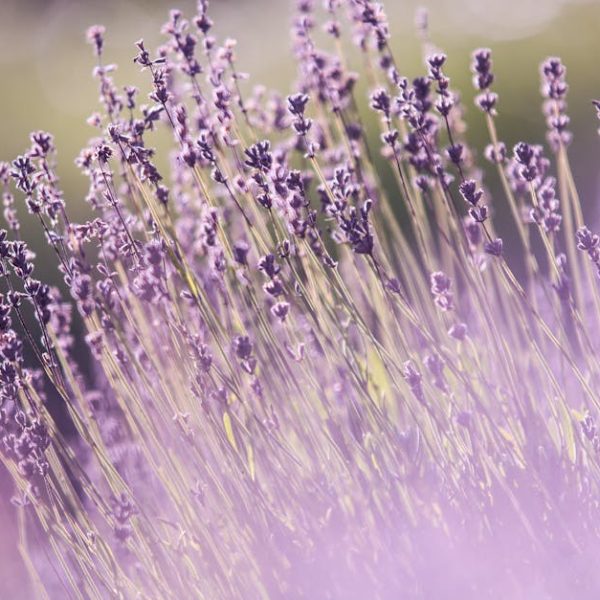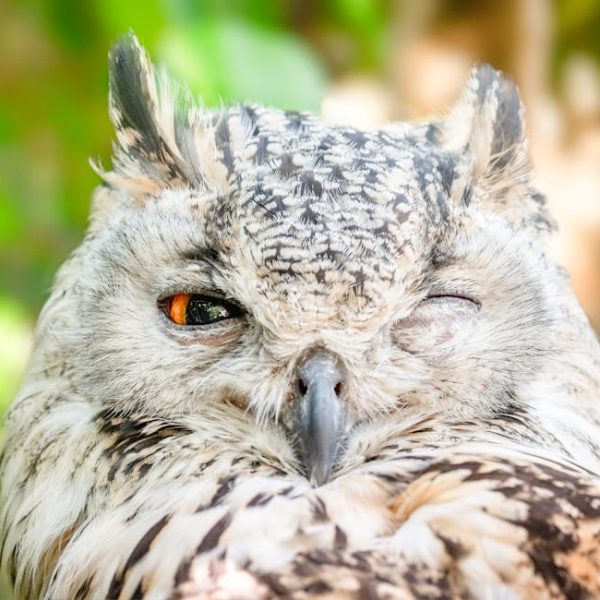Birds, denizens of the sky, bring joy to our lives with their melodious songs and colorful plumes. As pet owners, we’re entrusted with their well-being. But do we all know how often we should be refreshing their meals? Ensuring our birds are enjoying fresh, nutritious food is crucial to their overall health.
Fueling Flight: The Dietary Needs of Birds
Just as our dietary needs vary, so do those of different bird species. A balanced bird diet might include seeds, veggies, fruits, and even protein on occasion. Yet, it’s crucial to remember that each bird species has its specific needs.
- For instance, parakeets tend to relish a diet enriched with seeds and berries.
- Contrastingly, African Greys often thrive when their diets are protein rich, requiring nuts and legumes.
Pro Tip: Never assume what’s good for one bird is good for another. Be sure to conduct your own research into the specific dietary requirements of your feathered friend.
Is Your Bird in Need of a Diet Change?
If you notice abnormal changes in your bird’s weight, energy levels, feathers or droppings, a dietary intervention might be called for. Sudden or drastic changes can pose serious health risks to your pet.
List: Key signs your bird might require a nutritional change:
- Lethargy or lack of energy
- Unusual gain or loss in weight
- Abnormal feather loss
- Noticeable changes in dropping consistency or frequency
The Value of Fresh Food
Just as we avoid devouring stale or spoiled food, it’s essential to ensure our avian companions get to enjoy fresh meals too. Old or stale food spoils, grows bacteria, and loses nutritional value, potentially negatively affecting your bird’s health. Fortunately, you can prevent these issues by regularly refreshing your bird’s food.
Best Practices: How to correctly store bird food:
- Store in a cool, dry place
- Keep the food sealed when not in use
- Regularly check the food for signs of spoilage, such as strange smells or mold
When & How to Refresh Different Bird Foods
Does bird food confuse you? You’re not alone. From seeds to pellets, fruits to vegetables – it can be challenging to know when to refresh each type. Here, we provide some guidance:
Comparison: Shelf lives of various bird food types
| Food Type | Typical Shelf Life |
|---|---|
| Seeds | 1 year if stored properly |
| Pellets | 6 months to a year |
| Fresh Fruits/Veggies | Several days, refrigerated |
| Live Foods (worms, insects) | Usually sold with expiration dates |
Integrating New Foods into Your Bird’s Routine
A sudden change in diet can distress birds. Therefore, when introducing new foods or a refreshment cycle, it’s best done gradually.
A Step-by-Step Checklist:
- Begin by adding small amounts of the new food to their regular meals.
- Monitor your bird’s reactions. Allow them time to acclimate.
- Gradually increase the proportion of the new food.
- Keep watching their health and behavior closely throughout.
Pro Tip: Birds are creatures of habit. A sudden dietary shift can cause distress or health problems. Always introduce changes gently and consult a vet if you have any concerns or questions.
Prioritizing A Healthy Diet for your Feathered Friend
Birds make delightful pets, and their upkeep can be a rewarding journey. Over time, they develop unique personalities, providing both companionship and entertainment. But crucial on this journey, is a well-balanced and regularly refreshed diet.
Just like us, birds have basic dietary needs that must be met to maintain their health and vitality. However, understanding these dietary needs can be a bit confusing given the wide species variety – each with unique requirements.
Pro Tip: To keep your bird healthy, being familiar with their dietary preferences is essential. What fruits do they enjoy more? Do they enjoy a particular seed variety? These are critical considerations to keep in mind.
How Do I Know If My Bird Needs a Change in Diet?
Recognizing the signs that your bird needs a dietary change is crucial. Just like us, birds also show outward signs when their diet isn’t right.
These signs could range from abnormal weight loss or weight gain, reduced energy levels, unusual feather loss, or changes in droppings. If you notice any of these signs, it might be time to review their diet.
List: Indicators that your bird might need a dietary review:
- Noticeable changes in energy levels
- Unusual weight loss or gain
- Alarming feather loss or abnormal feather tugging
- Abnormal changes in their droppings
The Secret Ingredient: Fresh Food
Food freshness plays a significant role in keeping your bird healthy. Fresh food contains essential nutrients that cannot be derived from old or stale food. Regularly refreshing your bird’s food plays a crucial role in preventing bacterial growth and maintaining nutritional value.
Best Practices: Keep your birds safe from stale food:
- Avoid bulk storage of food for long periods
- Inspect the food for any signs of spoilage before feeding
- Refresh the food supply as frequently as possible
Refresher Course: Updating Bird Food
When it comes to refreshing food, different types of bird food have varying timelines. Knowing what foods last longer can help you maintain a fresh diet for your bird, keeping them lively and healthy.
Comparison: Have a look at the typical lifespan of different bird food types:
| Type of Food | Normal Lifespan |
|---|---|
| Seeds | About 1 year if stored properly |
| Pellets | 4 to 6 months |
| Fresh Fruits and Vegetables | A few days |
| Live Foods | As per the prescribed expiration dates |
Change is Good: Acclimatizing Your Bird to Diet Adjustments
A sudden diet change can upset your feathered pal. That’s why any alterations to their food should be implemented gradually. Observing how your bird reacts to the new diet will help you make informed decisions moving forward.
Pro Tip: Birds have intricate digestive systems, and abrupt dietary changes could lead them to stress. If you observe any discomfort or health issues, consult a vet to help navigate the dietary change process.
Checklist: Here’s how to ease your bird into a new diet:
- Start by introducing small portions of new food alongside their existing diet.
- Observe their reaction to the new diet and note any changes.
- Gradually increase the new food portions as they grow accustomed to them.
- Keep a close eye on their health and behavior as they adapt to the new diet.
Offering fresh food to your bird is not just about maintaining their health; it’s a token of love and care. Ensuring your bird gets fresh, nutrition-dense food will go a long way in keeping them chirpy and lively. After all, a happy bird makes a happy pet owner.
Key Takeaway:
- Different bird species have specific dietary needs, reflecting a balance of seeds, fruits, vegetables, and sometimes proteins.
- Observing abnormal changes in your bird’s weight, energy levels, feathers, or droppings may indicate a need for a dietary change.
- Freshness of bird food is critical to prevent bacterial growth, maintain its nutritional value, and promote healthy foraging behavior.
- Different types of bird food have varying lifespans; it’s essential to refresh them regularly.
- Changes to a bird’s diet should be introduced gradually to avoid distress or health problems.
Rest assured, maintaining your bird’s health can be an enriching part of the pet ownership experience. Understanding their specific dietary requirements and refreshing their food regularly can contribute significantly to their vitality and wellbeing. Remember, gradual diet changes are the way to go, ensuring a smooth transition and minimizing any potential distress. With the right practices, you can enjoy a cheerful, healthy bird that brightens your home with its chirping and vivid plumes.
FAQs
Q: What happens if I feed my bird stale or old food?
A: Stale or old bird food can lose its nutritional value and potentially harbor harmful bacteria. This can negatively affect your bird’s health, leading to digestive problems or disease.
Q: Can all birds eat the same type of food?
A: No, different bird species have unique dietary requirements. It’s essential to research your bird’s specific dietary needs to ensure it receives the right nutrition.
Q: How often should I introduce new foods to my bird’s diet?
A: Any change in diet should be introduced gradually, over a period of a few weeks. Always monitor your bird’s reaction to the changes for any signs of distress.
Q: How can I tell if my bird isn’t receiving a balanced diet?
A: Signs of an unbalanced diet can include changes in your bird’s energy levels, weight, dropping consistency, and feather health. It is recommended to consult a vet for guidance if you notice such changes.
Q: How can I maintain freshness of bird food for a longer period?
A: Storing bird food properly will help maintain its freshness. Keep the food sealed when not in use and store in a cool, dry place. Regularly check the food for signs of spoilage, such as strange smells or mold.
Remember to explore more articles on our website for detailed insight on pet care, and don’t forget to share this article with other bird lovers!
